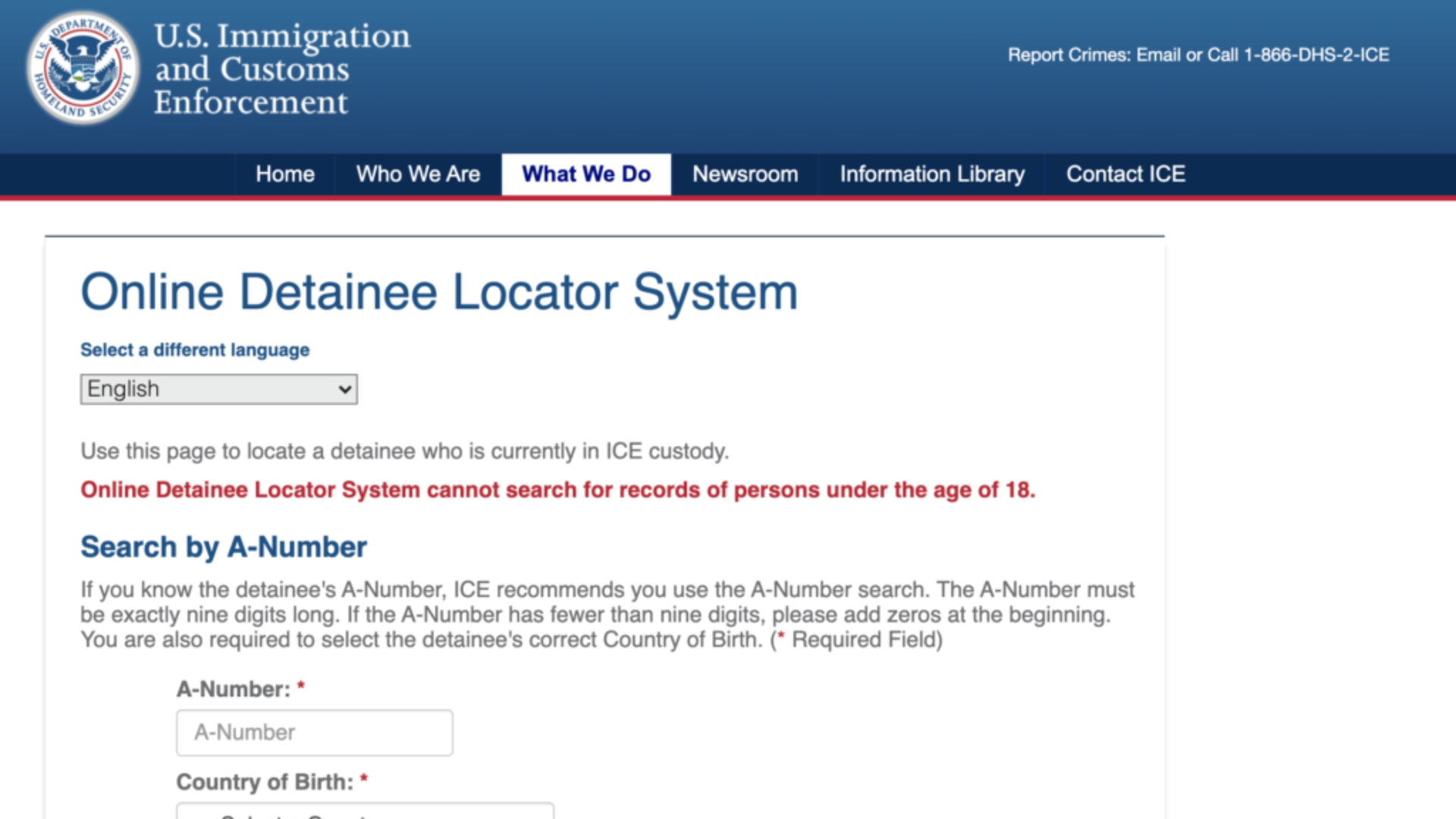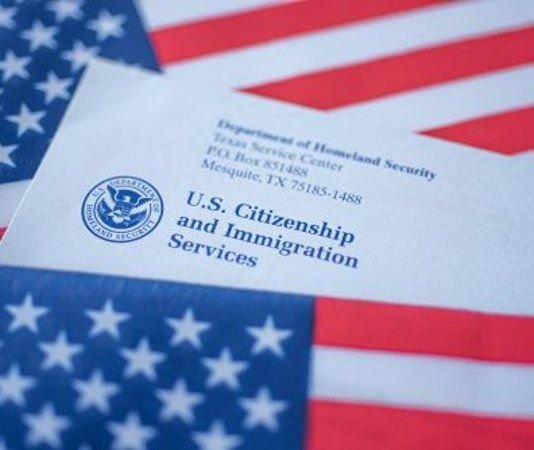That One Question...
It’s one of the most intimidating moments in any immigration interview. The officer leans forward and asks:
“Have you ever worked in the United States without authorization?”
It sounds simple — but your answer could have serious consequences for your case.
At Johnson & Masumi, P.C., we’ve seen how this single question can determine the outcome of an adjustment of status or other immigration application. Here’s what you need to understand before you walk into that interview room.
Why They Ask This Question
U.S. immigration law prohibits unauthorized employment — meaning any work done without proper employment authorization, such as a valid visa, EAD card, or other legal status that allows work.
During interviews, officers ask this question to assess:
- Whether you’ve violated immigration law
- Whether you’re eligible for certain benefits, like a green card
- Whether your prior actions could affect your “good moral character” or admissibility
Even something as small as babysitting for cash or helping at a family business can technically count as unauthorized work.
Why You Should Never Lie
It can be tempting to say “no” out of fear — but lying to a federal officer is far worse than admitting an honest mistake.
If USCIS discovers false information, it can lead to:
- Permanent ineligibility for immigration benefits
- Denial of your application
- Possible referral to ICE for removal proceedings
The truth can be hard, but your attorney can help you frame your answer accurately and honestly. USCIS values honesty and may be able to consider exceptions depending on your situation — but there are no exceptions for lying.
When Unauthorized Work Might Be Forgiven
Not all unauthorized employment automatically leads to denial. For example, immediate relatives of U.S. citizens (spouses, parents, and unmarried children under 21) are often forgiven for unauthorized work when applying for a green card inside the U.S.
However, that forgiveness does not apply to most other categories, such as employment-based visas or family preference categories. That’s why knowing your category and its specific rules before the interview is crucial.
How to Prepare Before Your Interview
- Talk to your attorney honestly. Tell your lawyer about any work you did — even informal jobs or “helping out” a friend.
- Review your history carefully. USCIS can see past tax records, W-2s, or even online information that may reveal unauthorized work.
- Practice how to answer truthfully and clearly. Keep it short and to the point — don’t volunteer extra details unless asked.
- Bring your attorney if possible. Having representation can help keep the interview fair and professional.
What to Say if You Did Work Without Authorization
If you did work without permission, it’s best to acknowledge it truthfully. You can say something like:
“Yes, I did, and I understand it was a mistake. I’ve since followed all immigration laws, and I’m working with my attorney to correct my status.”
This shows accountability and sincerity, which can make a difference in how an officer perceives your case.
Protecting Your Future
The goal of immigration officers isn’t to trap applicants — it’s to verify eligibility. But a careless or fearful answer can still do real harm.
Being honest and well-prepared shows credibility, and credibility builds trust. That’s one of the most powerful advantages you can bring into any immigration interview.
If you’re preparing for a USCIS or consular interview, remember — even one question can have serious consequences if you’re unprepared or afraid to tell the truth.
Before your interview, speak with an experienced immigration attorney who can review your history, guide you on what to say, and help you avoid preventable mistakes.
At Johnson & Masumi, P.C., we help immigrants approach their interviews with confidence and clarity. We’ve seen how preparation and honesty can turn anxiety into success.
Call us today at (703) 506-1400 for personalized guidance before your immigration interview — and take control of your future with the right legal strategy.















